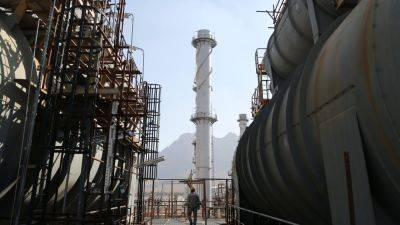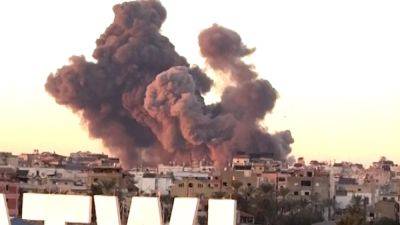Iran has everything to lose in direct war with Israel
With Iran’s firing of some 180 ballistic missiles at Israel overnight, the Middle East is again on the brink of what would be a costly, ruinous regional war. Israel and its ally, the United States, shot down most of the missiles.
Israeli Prime Minister Benjamin Netanyahu immediately vowed to retaliate for the attack. He called it a “big mistake” that Iran will “pay for.”
The strike marked a dramatic shift in Iran’s calculations following weeks of escalating Israeli attacks on the leaders of its proxy groups, Hamas and Hezbollah, and their forces in both Gaza and Lebanon.
Iran has traditionally outsourced its fighting to Hezbollah and Hamas. It has been very much concerned about getting dragged into direct confrontation with Israel because of the ramifications for the ruling regime – namely the possible internal dissent and chaos that any war with Israel might generate.
When Hamas political leader Ismail Haniyeh was killed in Tehran in late July, Iran’s leaders said they would respond appropriately. They basically left it to Hezbollah to do that.
And as Israel intensified its military campaign against Hezbollah in Lebanon in recent weeks, another Iranian proxy group, the Houthi rebels in Yemen, claimed to have retaliated by launching missiles and drones at Israeli cities and US destroyers in the Red Sea. Israel responded with airstrikes on Yemen.
In this context, from the Iranian point of view, it looked like Iran was just sitting on the fence and not performing its leadership role in challenging Israel. So, to a large extent, Iran had to exert its role as the leader of the so-called “axis of resistance” and get into the fight.
Fighting Israel is very much a pillar of state identity in Iran. The Iranian political







